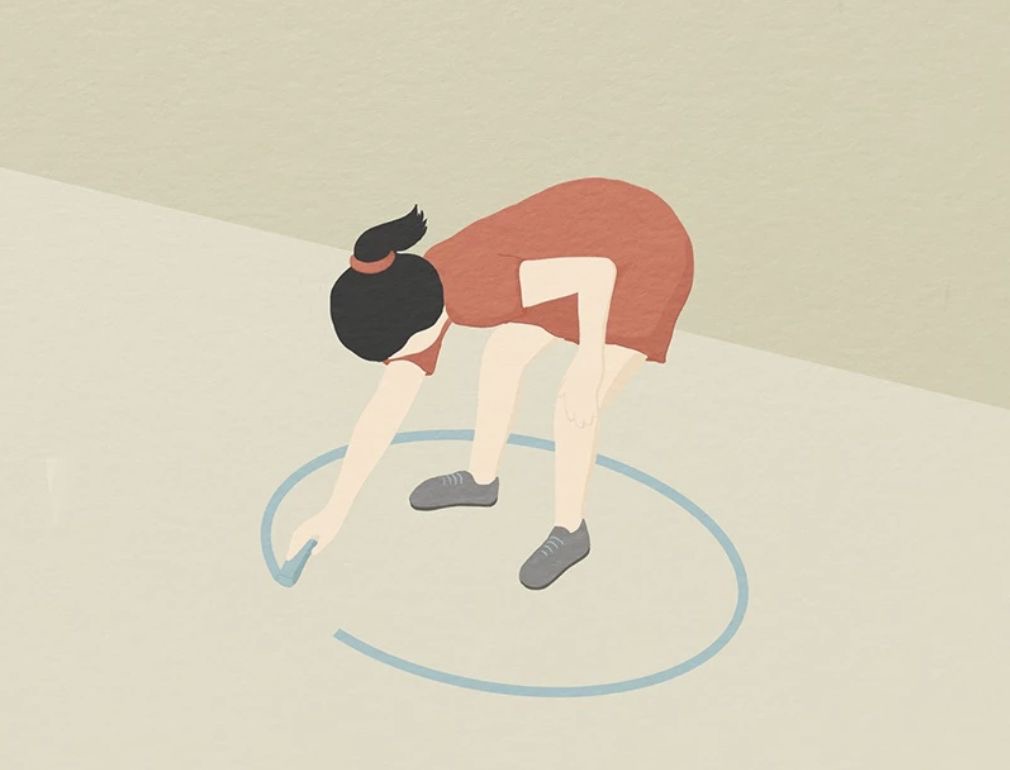What is ‘Defense Mechanism’ in Psychology?

Have you ever caught yourself laughing during a stressful moment, or lashing out at someone for no clear reason? These might be signs of something deeper at work—defense mechanisms.
In psychology, defense mechanisms are unconscious mental strategies our minds use to protect us from anxiety, inner conflict, or distressing thoughts and emotions.
They help us maintain a sense of balance, self-worth, and psychological safety—often without us even realizing it.
Rooted in psychoanalytic theory, the concept was introduced by Sigmund Freud and expanded by Anna Freud, who classified different types of defense mechanisms based on their maturity and how effectively they help individuals cope with reality.
Defense mechanisms can be broadly categorized into four groups:
- Narcissistic-Psychotic Defenses: These are the most primitive forms and are often seen in early childhood or severe mental disorders. Mechanisms like denial, projection, or distortion fall into this category. They drastically alter reality to make it more bearable, but often at the cost of rational thinking and social functioning.
- Immature Defenses: These are commonly observed in adolescents and certain personality disorders. Examples include acting out, fantasy, or passive aggression. While they may offer temporary relief, they often disrupt relationships and long-term emotional growth.
- Neurotic Defenses: These are typical in many healthy adults and include defenses like repression, displacement, and intellectualization. They can help manage internal conflicts, though sometimes by avoiding rather than addressing the root cause.
- Mature Defenses: These are the most adaptive and socially accepted. Think sublimation, where unacceptable impulses are transformed into constructive actions (like turning anger into art), or humor, which lets us laugh at painful realities without denying them.
Recognizing our own defense mechanisms can be a powerful tool for self-awareness and emotional well-being. While they’re essential for psychological survival, learning when and how we use them—and whether they still serve us—is a step toward healthier coping and personal growth.



Comments (0)